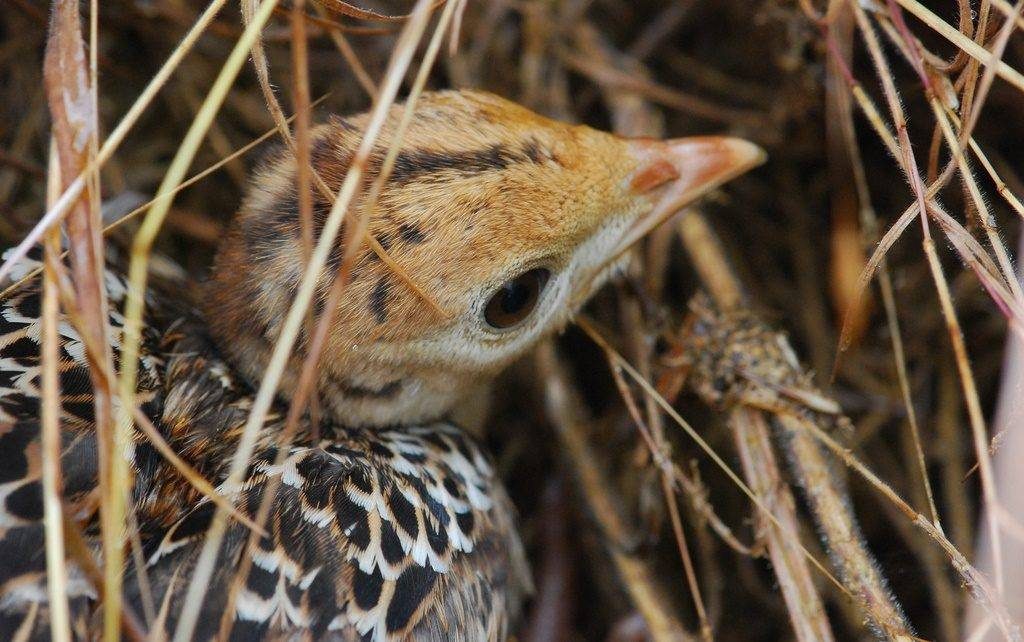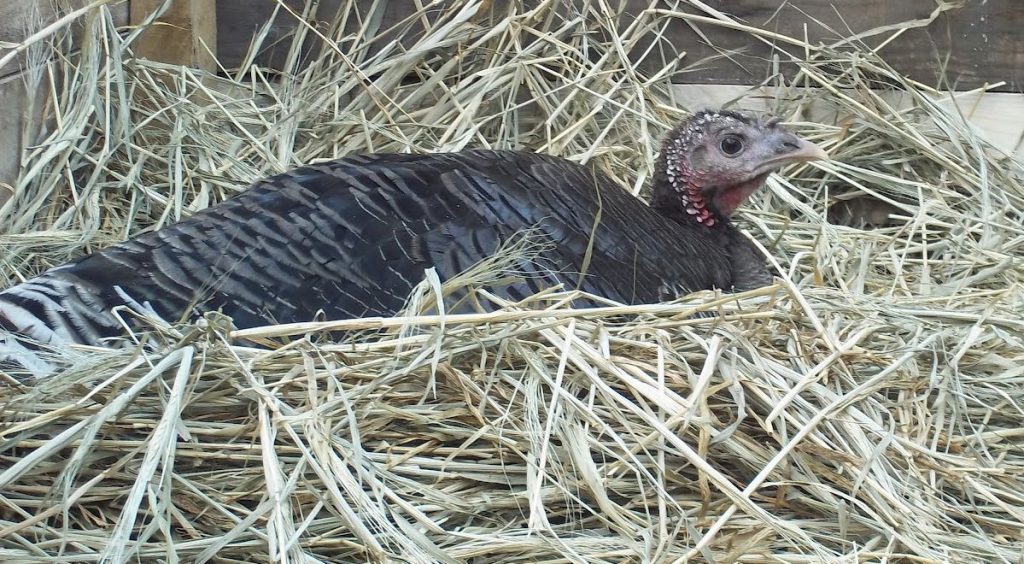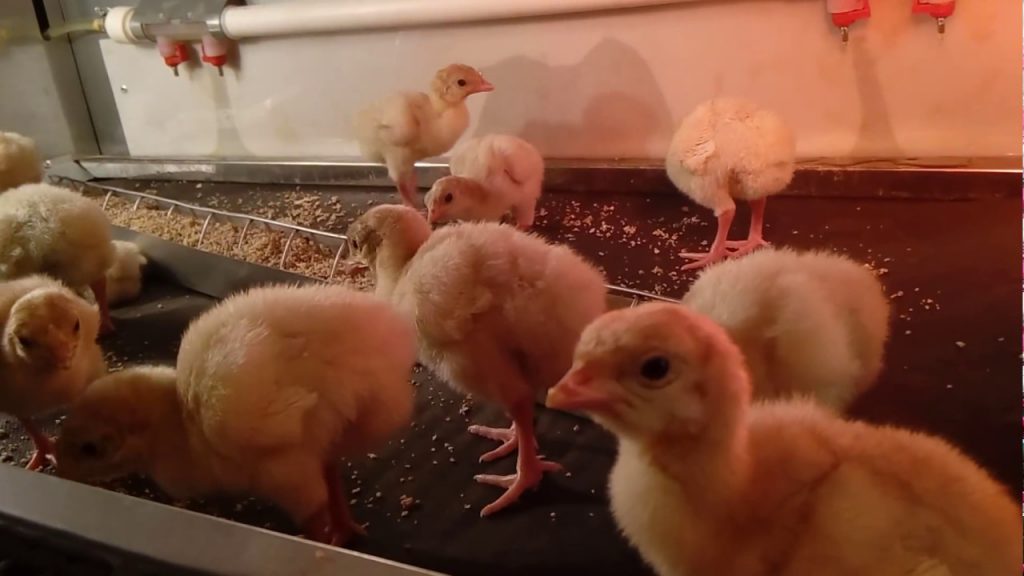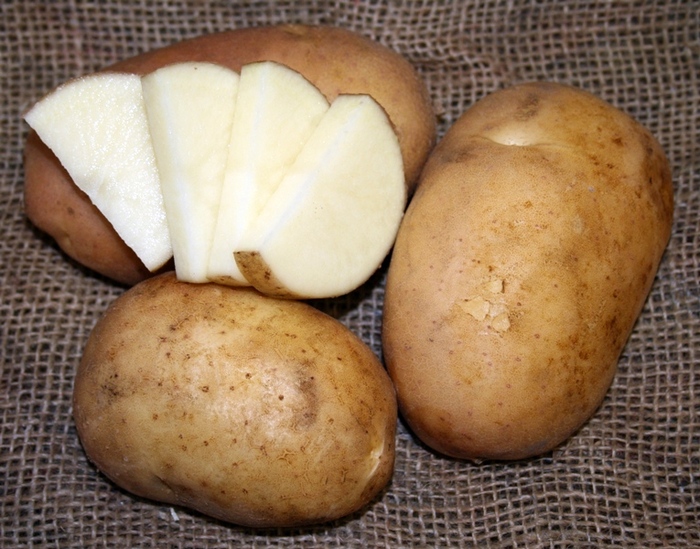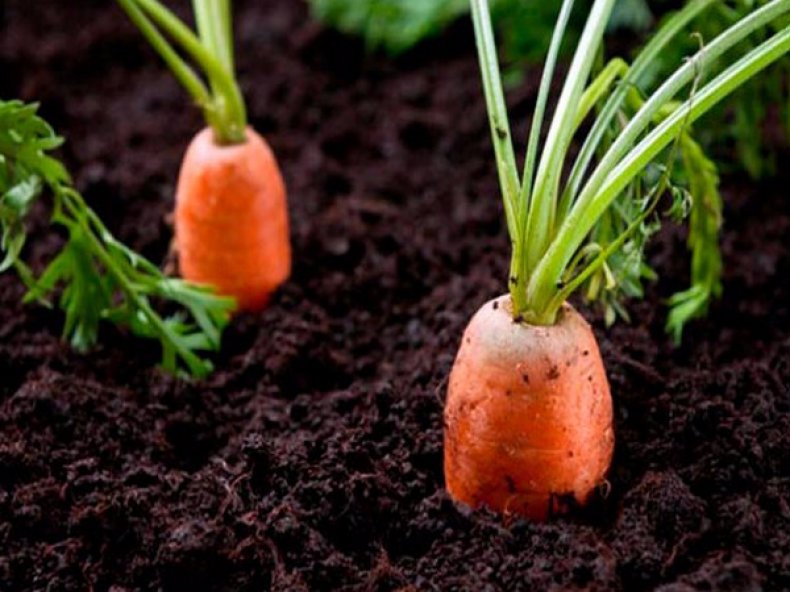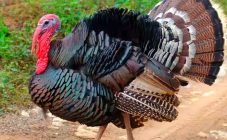Content:
Breeding turkeys is popular on domestic poultry farms. Turkey meat is one of the most nutritious types of poultry meat. Getting a turkey to hatch, however, is not easy. Getting healthy and strong turkey poults naturally takes a lot of work. The most difficult thing is to put on eggs birds that hatch offspring for the first time. You will have to tinker with them.
Egg production of turkeys
Breeding turkeys is quite profitable. This is a great option for a small poultry farm. Turkeys and turkeys reach sexual maturity quickly and are easy to raise. Novice poultry farmers often ask when turkeys start laying eggs. Most turkey breeds begin to lay eggs actively at about 8 to 10 months. At this age, the female turkey is completely ready for fertilization. Some breeds begin to lay at a later age, closer to the year. If properly cared for and well cared for, the bird can lay one egg per day during the season. The average weight of a turkey egg ranges from 80 to 100 grams.
It is difficult to give an exact answer to the question of how many eggs a turkey is laying. Productivity in different breeds can range from 75 to 100 eggs per season. In particular, productivity depends on when the turkeys start to lay: the earlier puberty comes, the more productive the breed is. Turkey eggs can be incubated or placed under a brood hen. In both cases, healthy offspring is guaranteed. Growing turkey poults is usually not a big deal for an experienced poultry farmer. It is quite possible to increase egg production at home. The main thing is to know in what conditions you need to keep the bird. Any turkey can be made an excellent laying hen.
Different farmers have different opinions about how turkeys fly. The following factors affect egg production:
- The presence or absence of stress. Turkeys, like other types of poultry, are rather shy. Severe stress (for example, when moving birds to another housing) can have a negative effect on egg production;
- The presence or absence of proper lighting in the house. If the birds do not have enough light, they begin to rush worse;
- Heredity and breed;
- The general health of the bird.
The decisive factor influencing egg production is nevertheless recognized as heredity. In this regard, during the breeding of turkeys at home, selection of offspring by the method of targeted selection is of great importance.
The diet of poultry is also of great importance. If the turkeys suffer from protein deficiency or vitamin deficiency, the eggs will be small and the birds will be less likely to lay. Therefore, when keeping turkeys, it is very important to regularly enrich their diet with valuable protein, vitamin and mineral supplements. In order for the eggs to have a strong shell, it is necessary to include calcium in the diet of birds; important sources of it are crushed chalk and powdered eggshells, and bone meal. Such additives should be given to both adult birds and chickens (turkeys) from the first days of life. Food rich in vitamins helps birds to grow and develop well, even if they are kept in unfavorable conditions.Lack of vitamins, on the contrary, often leads to the death of turkey poults and even adults. Also, vitamin deficiency negatively affects the ability of females to hatch offspring.
How to properly plant a hen on eggs
A smart and quick-witted hen turkey is a real find for a farmer. Not all turkeys understand how to sit on eggs, especially if the bird is becoming a hen for the first time. The incubation instinct is worst developed in birds raised in an incubator. However, any turkey can be made a good hen. The main thing is to know her character and make sure that the female herself understands what is required of her. To do this, you just need to help the bird a little:
- It is not necessary to put a large number of eggs in the nest for the first time, 3 - 5 eggs are quite enough. Otherwise, the hen can easily crush the turkey poults. Therefore, as soon as the bird hatches the chicks, it must be carefully observed so that it does not harm them;
- If a turkey planted on eggs shows pronounced anxiety and excitement, it should be gently stroked over the feathers. The bird will immediately calm down and take its place;
- The nest should be in a confined space, so the bird feels much more comfortable and confident;
- A fresh feed trough and drinker should be close to the nest, within reach of the brood hen.
Many poultry farmers first put a boiled egg in the nest of an inexperienced hen in case the hen does not immediately want to sit on the nest. You can also use wood or alabaster "liners". If you immediately take a fresh one, the bird's refusal to hatch it will entail damage to the egg, from which the chicks could hatch. Therefore, for the first time, it is better to put an inexperienced hen on dummies. The main thing is to start, and then the bird will understand everything itself and will no longer need help.
Incubation process
Unlike other birds, in turkeys, not only the female, but also the male (turkey) can take part in hatching eggs. Of course, you should not involve a turkey in this unnecessarily, in the beginning it is better to put eggs under the female. Novice poultry farmers often wonder how many turkeys sit on their eggs. The question of how many days a turkey hatches eggs cannot be answered unequivocally. If everything goes well, the turkey sits on eggs for about a month, from 28 to 30 days (the exact number of days depends on the breed and conditions of detention). How many days a turkey sits on eggs depends on whether it is distracted from this process. Here are the basic rules for caring for a hen during this difficult period for her:
- The bird should be removed from the nest periodically for food and drink. Sometimes this has to be done by force, but you can't keep the turkey hungry. You can ask experienced poultry farmers how to remove a turkey from the nest;
- The diet should be light and nutritious. During the incubation period, it is not recommended to introduce new feed into the bird's diet;
- Observe and reassure the bird if the turkey is restless
- Eggs should not be removed from the nest so as not to provoke aggressive behavior of the turkey.
Much depends on the conditions in which the hen is kept. The temperature in the house should not drop below 10 degrees, otherwise the bird will be uncomfortable. A regular wooden box can be used as a nest. At the bottom it is necessary to pour earth, and on top to lay pre-prepared hay, so that the bird is comfortable. In a large house, nests can be made from two tiers, fixed to the beams. Put sand at the bottom, and sprinkle it with a thin layer of ash on top.
If the turkey sits on the eggs, it will only come out of the nest if absolutely necessary, so the owner's task is to ensure that the bird always has fresh food and water in stock. When the food runs out, it must be immediately put on so that the bird does not under any circumstances starve during incubation. But before adding fresh food, you need to remove the remnants of the old from the feeder. The bird must have the strength to hatch and raise its chicks.
How to make a turkey a good hen
It happens that the turkey does not want to sit on the eggs. Before planting it in the nest, you need to learn how to do it correctly. The main thing is to find out the reason why the bird refuses to sit down. Having eliminated the cause and making the right conclusions, the poultry breeder will instantly solve the problem. But it happens that the reason remains unclear. In this case, you can use the advice of experienced poultry farmers:
- Enhanced nutrition often helps to "awaken" the hatching instinct;
- Turkeys are by nature stubborn, so it is unrealistic to achieve anything by violence and coercion from them. Forcibly, the hen will not sit on the eggs, it is not even worth wasting time. She needs to create a calm atmosphere, then after a while she herself will want to sit on the eggs;
- In no case should the brood hen be frightened off the nest, and also frightened by sharp cries, bright light during incubation;
- Turkeys often refuse to hatch chicks in case of short daylight hours. In this case, daylight hours should be increased by at least 2 hours using artificial lighting. It should not be harsh and eye-catching.
When a bird refuses to hatch chicks, a calm conversation with it often helps. Turkeys do not understand the meaning of words, but they perfectly catch a benevolent intonation. And, on the contrary, if you talk rudely with a bird or shout at it, you can provoke aggressive behavior and for a long time discourage the hen from sitting on the nest.
It happens that turkeys peck eggs. This is due to a poorly expressed incubation instinct, as well as a lack of calcium.
Another old proven tool will help: any egg (chicken, duck, turkey) is carefully pierced with a needle and blown out, leaving an empty shell. Ground pepper or dry mustard is poured inside. The egg is placed in the nest. When the unfortunate hen once again pecks him, she will no longer want to do this. Experienced poultry farmers claim that this method works one hundred percent not only with turkeys, but also with other types of poultry. Thus, it is possible to wean off the bad habit and chicken, and guinea fowl, and duck.
Planting a young, inexperienced turkey on eggs is a much more complicated matter than planting eggs on a bird that already has experience in hatching. For this, a novice poultry farmer will have to make a lot of effort.
Despite their stubbornness and aggressive nature, turkeys are distinguished by high intelligence. Therefore, in the presence of a developed incubation instinct, any female can be taught to sit on eggs. In the absence of a turkey (for example, in case of illness or death of a hen), even a turkey can hatch eggs. It's quite possible to get good offspring.
